Accreditation
Niagara University in Ontario’s College of Education has been accredited by the National Council for the Accreditation for Teacher Education since 1984. In Ontario, we are accredited by the Ontario Ministry of Colleges and Universities and the Ontario Colleges of Teachers. We are also the only university in Canada to be accredited in both New York (United States) and Canada.
Student Success
As a college, we are committed to fostering the development of teachers who can meaningfully and effectively meet the diverse needs of today’s K-12 students. Our teacher candidate’s success in obtaining teaching certification coupled with a high employment rate, illustrate that our students are well-prepared to enter the job market.
Experiences in the Field
Well-established partnerships with our local boards result placements that begin in the first college semester for all education students. Instructional skills become highly developed as teacher candidates progress through their field experiences in preparation for student teaching. Experience in school classrooms, starting freshman year, a distinct Niagara advantage. The program is a total of 60 credit hours, and takes place over four semesters, with more than 500 hours of integrated practicum field experience. All coursework and field experiences are completed in Ontario, Canada.
Cohort-based programs enhance your learning experience
The cohort approach takes a diverse group of students and creates a community of teacher learners. You’ll attend courses and field experiences with a specific group, earning your degrees together in a professional learning community. Extraordinarily noncompetitive, cohort-based learning ensures that the learning of each individual will assist the learning of all others in the group.

